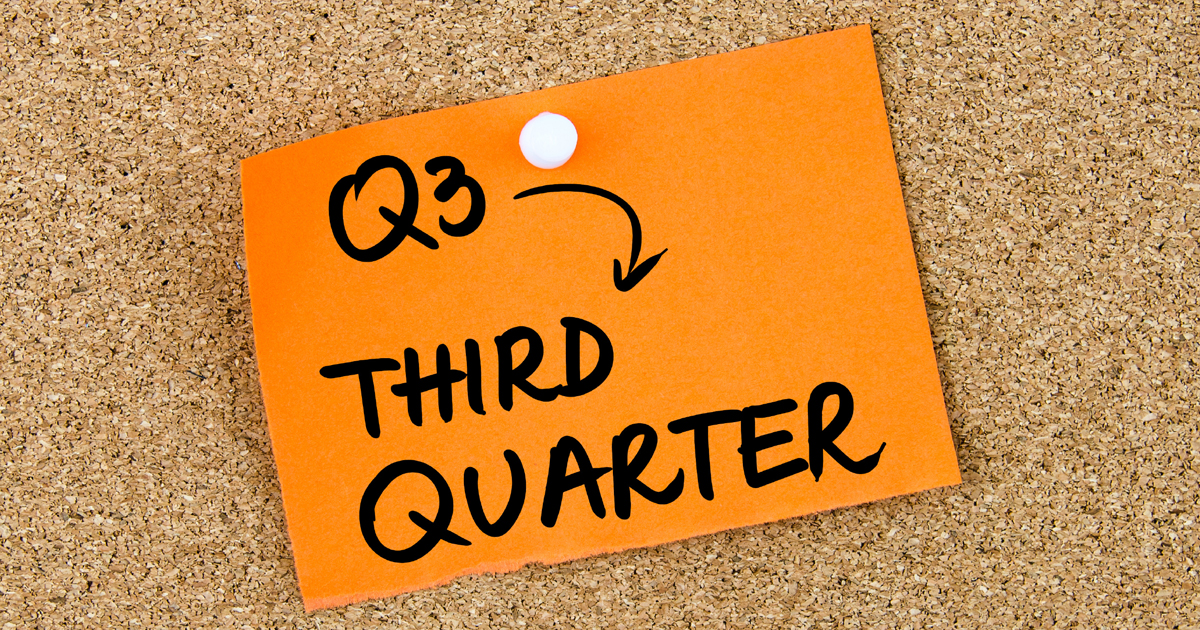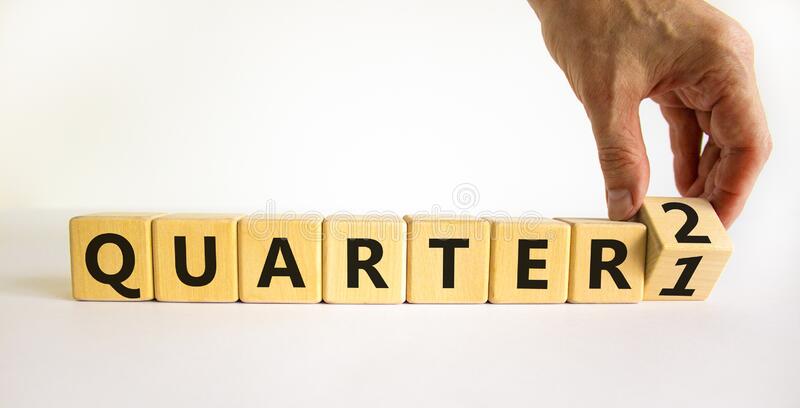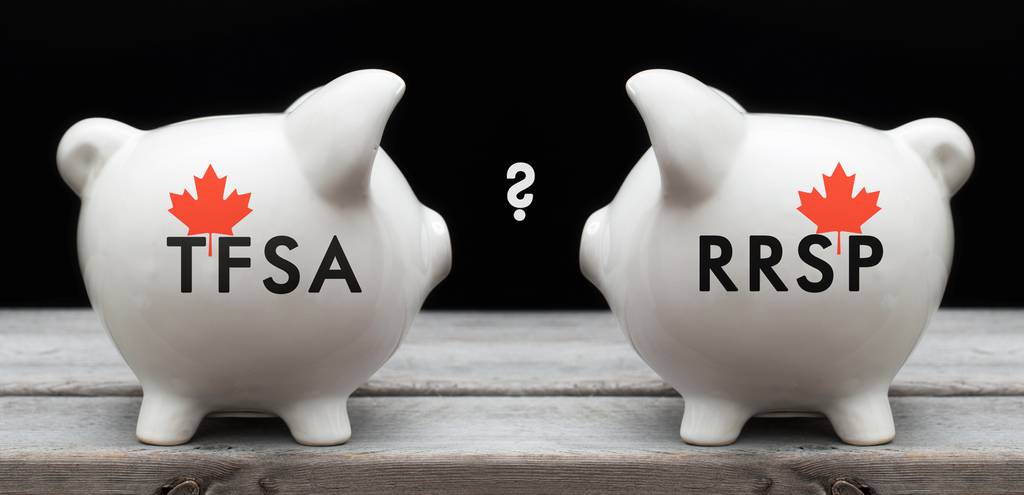Two quarterly newsletters have been added—one dealing with personal issues, and one dealing with corporate issues.
October 2022 - Akler Browning LLP
Two quarterly newsletters have been added—one dealing with personal issues, and one dealing with corporate issues.
The fact that Canada is in the middle of a housing crisis isn’t really news to anyone. Whether it’s having difficulty finding an affordable apartment or putting together enough money for a down payment, or coping with ever increasing mortgage interest rates and mortgage payments, housing availability and affordability is a concern for Canadians across all age groups.
The Canadian tax system is a “self-assessing system” which relies heavily on the voluntary co-operation of taxpayers. Canadians are expected (in fact, in most cases, required) to complete and file a tax return each spring, reporting income from all sources, calculating the amount of tax owed, and remitting that amount to the federal government by a specified deadline.
Most Canadians know that the deadline for making contributions to one’s registered retirement savings plan (RRSP) comes 60 days after the end of the calendar year, around the end of February. There are, however, some circumstances in which an RRSP contribution must (or should) be made by December 31, in order to achieve the desired tax result.
Since early 2022, the finances of Canadian households have been hit with what Statistics Canada has called a “trifecta of market challenges”, which increasingly stretched and squeezed the efforts of Canadians to maintain their financial stability during the second quarter (April 1 to June 30) of this year.






